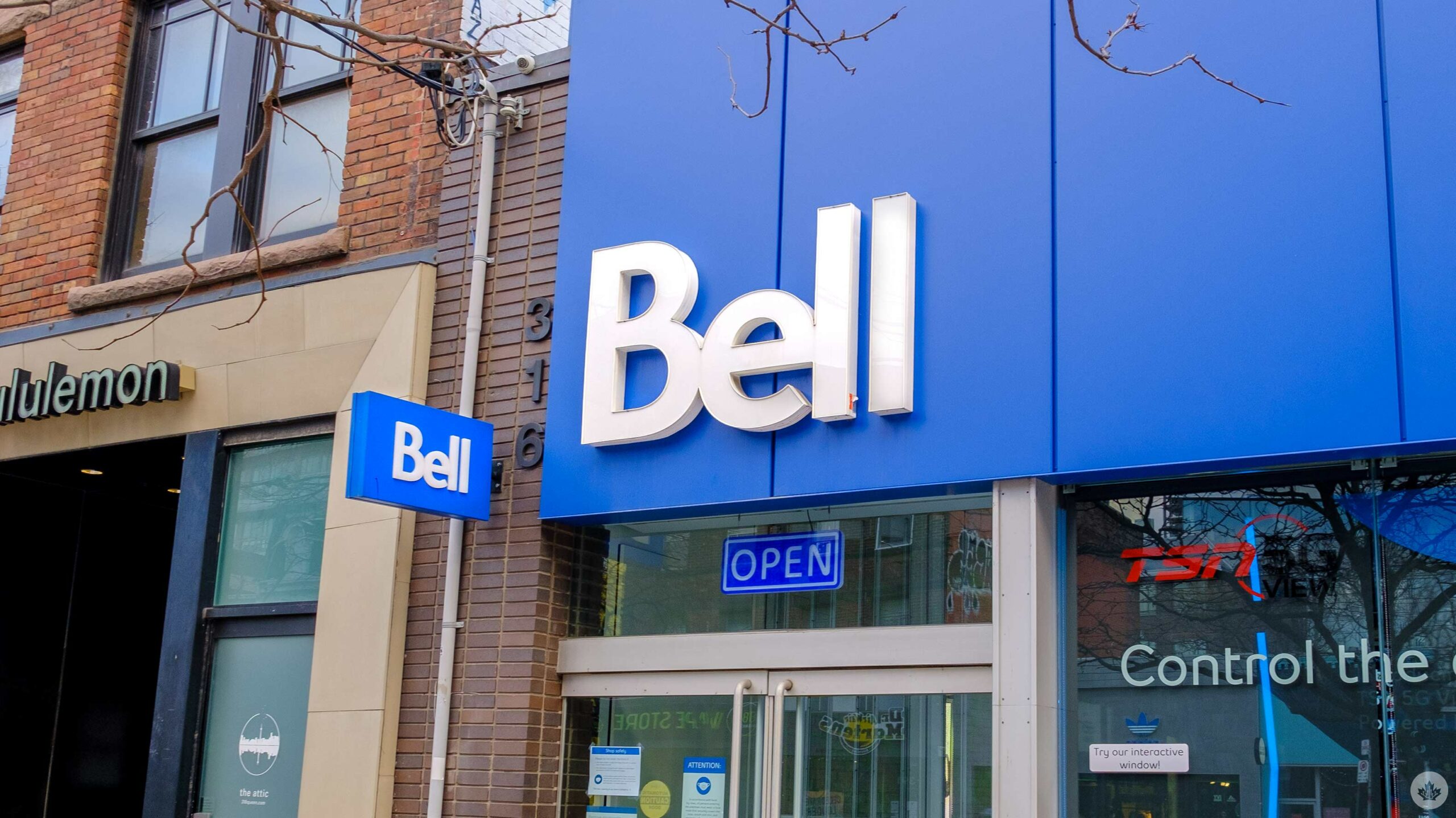
Telecom giant Bell is celebrating another “successful” Bell Let’s Talk day event.
The company reports the number of interactions that took place during “the biggest conversation about mental health” increased by 3.2 percent in 2022.
The company also contributed $8.2 million to various mental health programs this year. The company has committed to allocate $155 million by 2025 to Canadian mental health. The $8.2 million means more than $129 million has been allocated so far.
The event also included personalized messages from a number of political leaders and influencers, such as Prime Minister Justin Trudeau and Chris Hadfield, telling Canadians it’s okay to ask for help.
While the event does create a conversation on mental health, it also makes it seem like those sharing messages about the initiative care about improving mental health. In many cases, that’s far from the truth.
Ontario Premier Doug Ford was one of the many politicians who posted a message celebrating Bell Let’s Talk Day. “Together, let’s continue building a province where everyone can be fully supported on their journey to mental health wellness.”
Ford’s words come in stark comparison to his actions. One of the first things Ford’s government did when elected in 2018 was cut health care funding, including $335 million allocated to mental health.
As a company, Bell itself is also guilty of similar actions.
In a statement recounting the event’s success, Bell said the hashtag #BellLetsTalk was trending in Canada and around the world on Twitter. What it doesn’t state is not all of the hashtags were supportive of the initiative.
A quick search on Twitter reveals many accounts from people criticizing Bell and their campaign.
For example, Canadian journalist Jan Wong recounted how she was served with a non-disclosure agreement when suffering depression. She was a Bell employee at the time.
#BellLetsTalk gagged me w/ non-disclosure agreement when I suffered depression & @globeandmail fired me. Wielding NDA, Bell/Globe clawed back my $209,000 settlement after I published "Out of the Blue" #BellYouShutUp ‘til you end NDAs @cbmsilence
— Jan Wong (@WriterWong) January 26, 2022
In February 2021, the company decided to shut down three radio stations in Vancouver, Winnipeg, and Hamilton that covered sports. The change was abrupt and employees were laid off without notice. They received no prior warning during a global pandemic. Many employees in Toronto faced the same fate.
Source: Bell
MobileSyrup may earn a commission from purchases made via our links, which helps fund the journalism we provide free on our website. These links do not influence our editorial content. Support us here.


